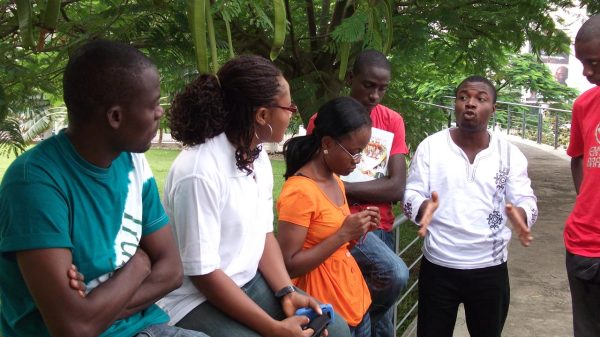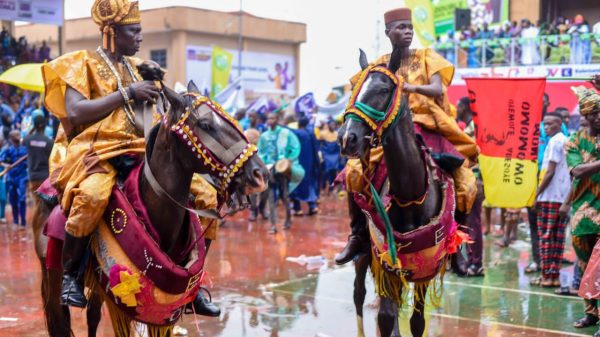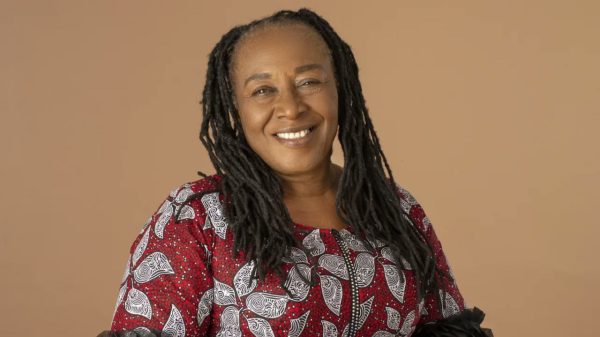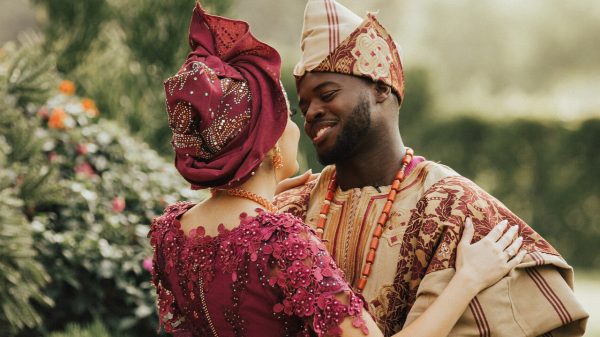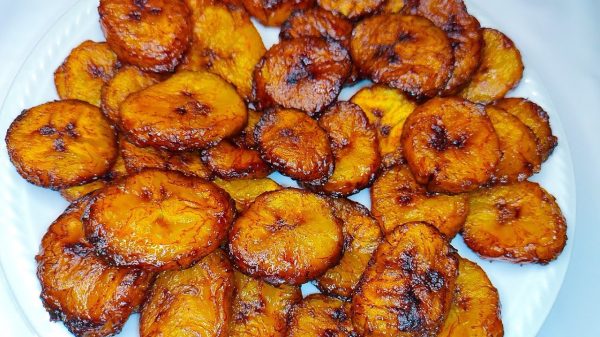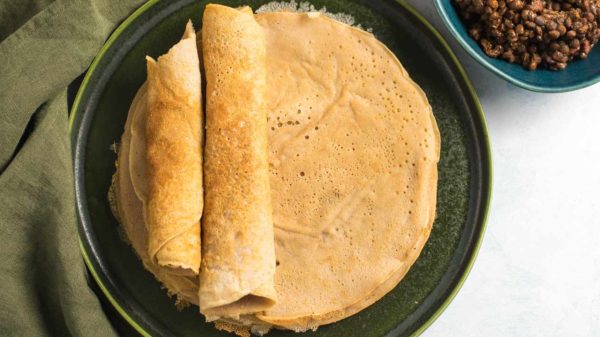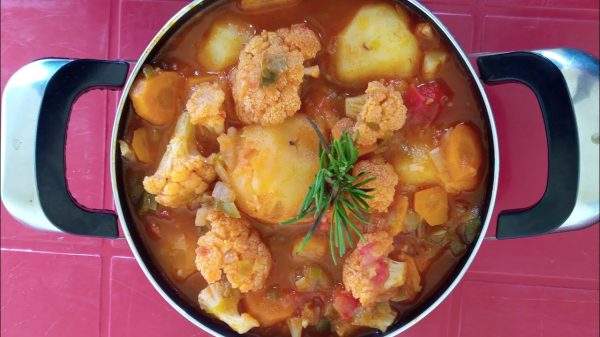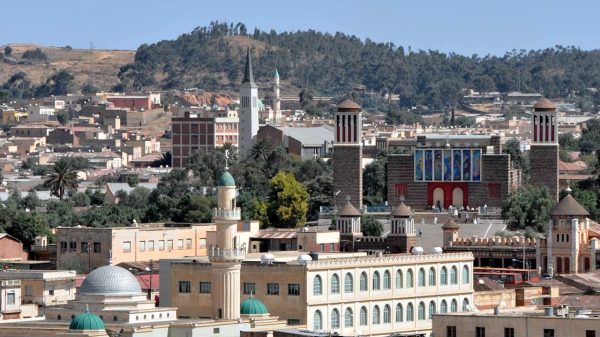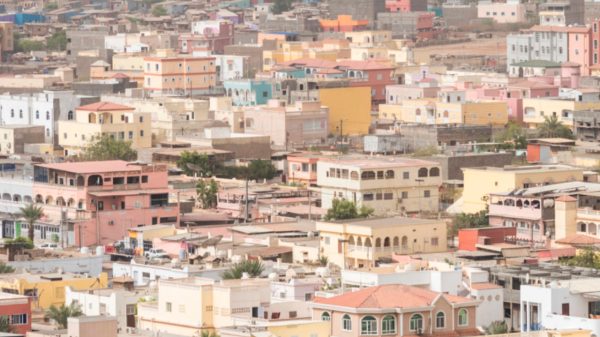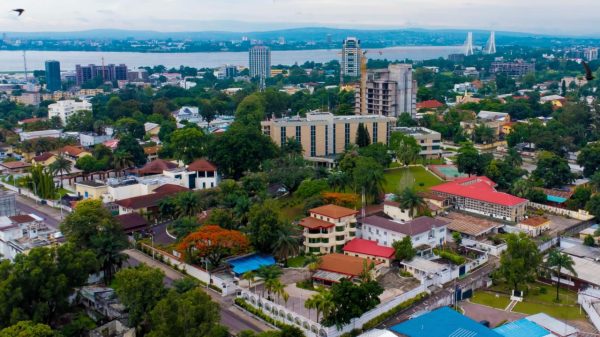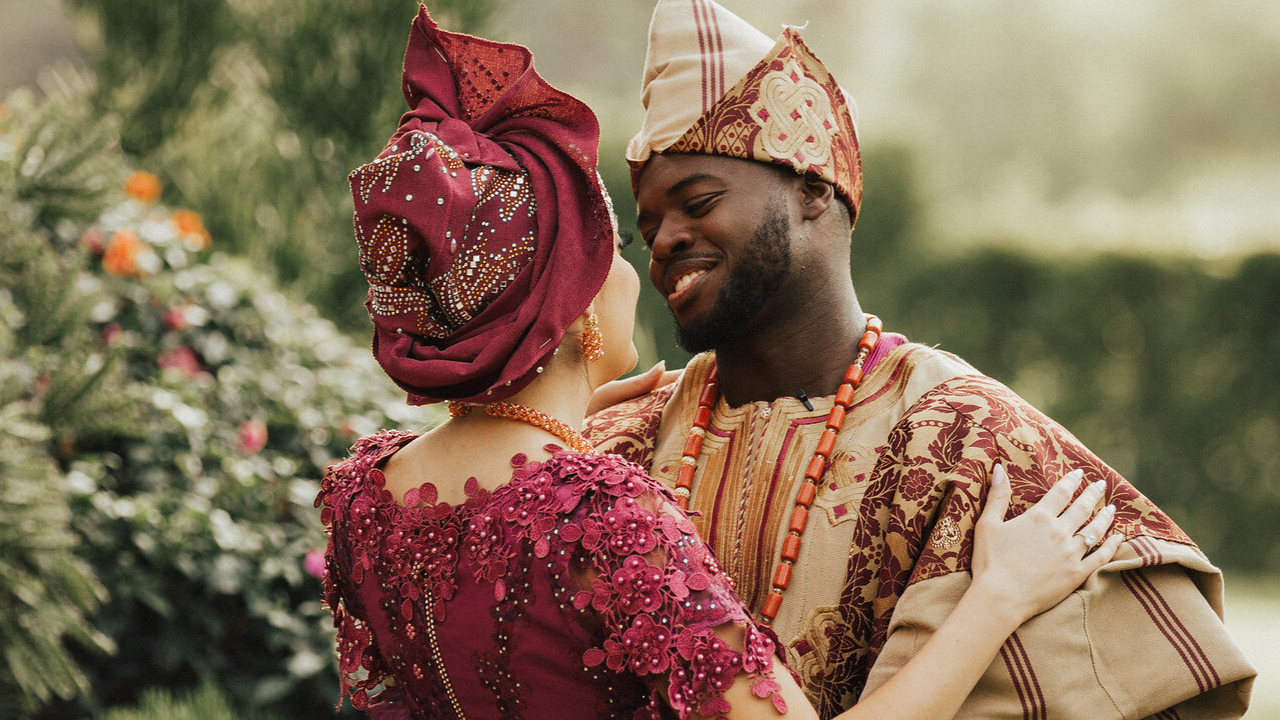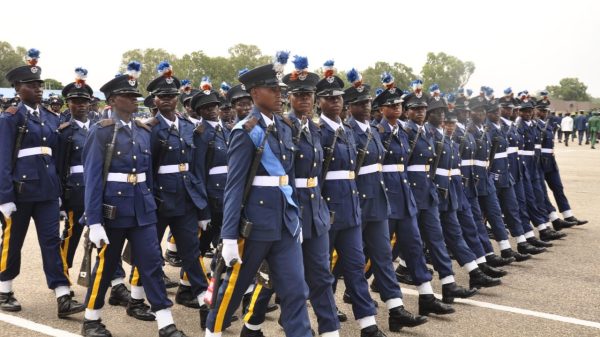In Nigeria, marriage is a revered institution celebrated with grandeur and deep cultural significance.
Unlike the often subdued ceremonies in the Western world, Nigerian weddings are vibrant festivals replete with elaborate customs and rituals that might surprise outsiders. These celebrations are communal events, uniting families, friends, and even entire villages in joyous festivity. From the lively traditional dances to the rich symbolism in rituals like the “money spray,” each element reflects the nation’s diverse heritage. To acclimate you to this exuberant experience, here are nine distinctive aspects you can expect at a Nigerian wedding.
1. Multiple Ceremonies
Nigerian weddings are rarely a single event; instead, they unfold through a series of ceremonies that honor both modern and traditional customs. The celebrations often begin with an intimate introduction, where the bride-to-be presents the groom to her family—a symbolic gesture that sets the stage for the union. This heartfelt moment is followed by the engagement ceremony, during which the groom’s family visits the bride’s home to formally seek her hand in marriage. This rite of passage is marked by the exchange of gifts, prayers, and traditional rituals that serve as a formal introduction between the families. Elders bestow blessings upon the couple, sharing culturally significant items and symbolic presentations that set a tone of unity and divine favor. On the wedding day itself, festivities typically comprise two main gatherings: a formal church or white wedding and a later reception. This layered approach not only underscores the importance of heritage and modernity but also offers guests a rich, immersive experience that reflects the diversity and depth of Nigerian matrimonial traditions. Every segment of the wedding is thoughtfully designed to celebrate the union, ensuring that the couple embarks on their married life with prosperity, community support, and blessings from both their families and the wider community.
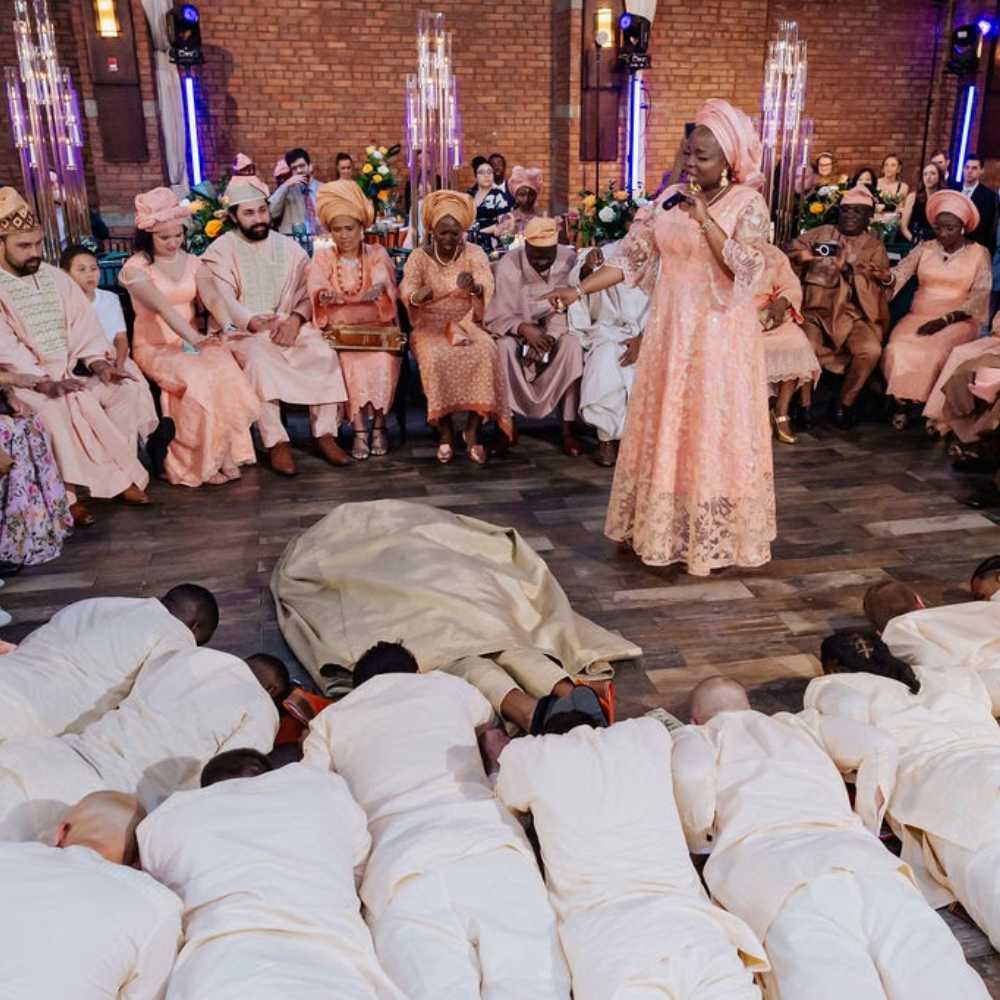
2. Large Gatherings
One of the most remarkable aspects of a Nigerian wedding is its sheer scale. These events often attract a large number of guests—from immediate family and close friends to extended relatives, neighbors, and even acquaintances. This impressive turnout reflects the communal nature of Nigerian society, where celebrations are shared among everyone. In Yoruba culture, parties are typically styled as “Owambe”—extravagant festivities usually held on Saturdays—creating an atmosphere where not only the expected guest list is served but also those who walk in or linger around the venue. Whether hosted in expansive event centres or outdoor spaces, the lively ambiance is enhanced by multiple entertainment acts, music performances, and interactive segments, transforming the celebration into a vibrant festival of love, laughter, and unity.
3. Wedding Customs
Nigerian weddings are steeped in rich traditions that vary across the country’s diverse ethnic groups, with customs such as prostration and the payment of the bride price playing pivotal roles. In Yoruba ceremonies, the groom and his attendants demonstrate profound respect by prostrating before the bride’s family, symbolizing humility and a heartfelt request for her hand in marriage. This act underscores the groom’s reverence and commitment to his future in-laws. Similarly, the bride price, a practice prevalent among various Nigerian communities, involves the groom’s family presenting gifts, money, or symbolic items to the bride’s family. This gesture serves as an expression of appreciation for raising the bride and signifies the groom’s readiness to assume marital responsibilities. These customs not only honor ancestral traditions but also fortify familial bonds, ensuring the union is celebrated with communal blessings and support. In traditional Igbo weddings, the “Igba Nkwu” or wine carrying ceremony is a significant event. During this ritual, the bride searches for her groom among the guests while carrying a cup of palm wine. Once she finds him, she offers him the wine as a public declaration of her choice, and he drinks from it, signifying mutual acceptance and the formalization of their union.
4. Live Music and Dancing
Music is the heartbeat of a Nigerian wedding, providing an energetic soundtrack that punctuates every part of the celebration. Live bands, DJs, and sometimes even traditional drummers perform a blend of Afrobeat, highlife, and contemporary tunes that get everyone on their feet. The lively music is not just for entertainment—it is integral to the cultural fabric of the event, often accompanied by spontaneous dance-offs and choreographed group dances. The rhythm and beats invite guests to express their joy and actively participate in the festivities. Whether it’s the opening ceremony, the money spraying dance, or simply background music during the reception, the sounds of live music create an atmosphere of excitement and communal celebration that is truly infectious.
5. Money Spraying
A unique and spirited tradition at Nigerian weddings is the “money spraying” ritual. During this part of the celebration, guests joyfully shower the newlyweds with cash while they dance, symbolizing blessings of prosperity and support for their new journey together. This act is not only a fun spectacle but also a meaningful custom that reflects the communal nature of Nigerian celebrations—everyone contributes to the couple’s future. The money spraying is typically accompanied by upbeat music, cheers, and laughter, making it one of the most memorable moments of the day. It serves as a tangible expression of goodwill, with the physical act of spraying money reinforcing the collective desire to see the couple flourish in their married life.
6. Abundant Cuisine
Food is a cornerstone of any Nigerian celebration, and weddings are no exception. The banquet at a Nigerian wedding is typically lavish, featuring an array of traditional dishes that showcase the country’s rich culinary heritage. Guests are treated to favorites like Jollof rice, pounded yam with egusi soup, pepper soup, and an assortment of meats and stews, all prepared with a blend of spices and flavors unique to Nigerian cooking. The generous spread not only satiates hunger but also serves as a symbol of abundance and hospitality. The communal dining experience encourages conversation, laughter, and a shared appreciation for the culinary artistry that defines Nigerian culture, turning the meal into a significant highlight of the wedding celebration.
7. Master of Ceremonies (Alaga)
In many Nigerian weddings, particularly those with Yoruba influences, an experienced Master of Ceremonies—often referred to as the “Alaga” – plays a central role. The Alaga is responsible for guiding the proceedings with wit, charm, and a deep understanding of traditional customs. Beyond merely introducing segments of the event, the Alaga injects humor and interactive banter, engaging guests and ensuring that the ceremony flows smoothly. This role is pivotal in maintaining the energy and momentum of the wedding. With well-timed commentary, the Alaga helps bridge the formalities of the rituals with the festive atmosphere of the celebration, making sure that every moment is filled with laughter, warmth, and a sense of unity among all attendees.
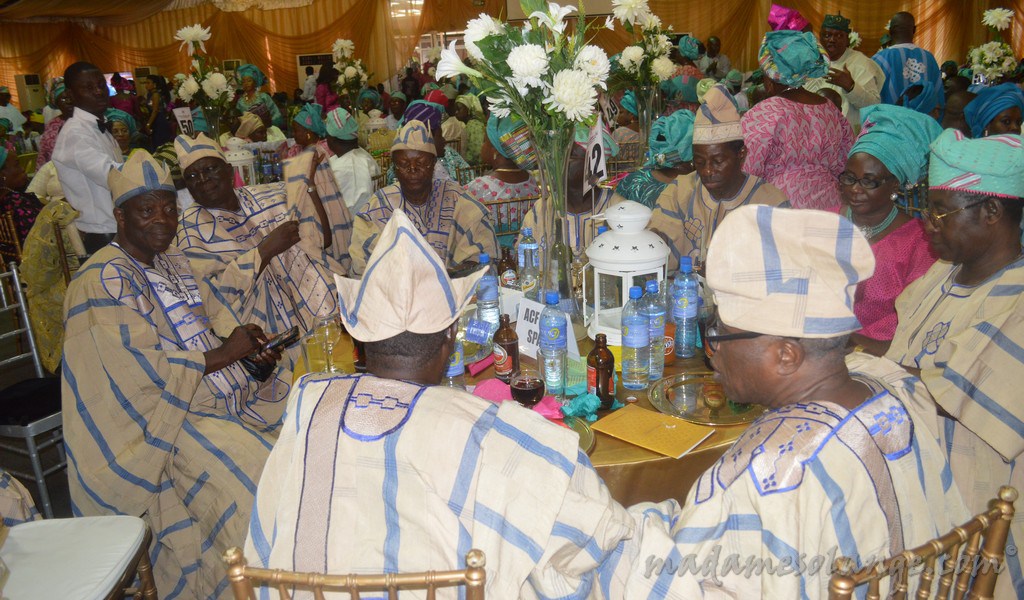
8. Multiple Outfit Changes
It is common for both the bride and groom to make several outfit changes during a Nigerian wedding. This practice not only adds a dynamic visual element to the celebration but also symbolizes the various stages and facets of the matrimonial union. Each change of attire represents a shift in ceremony—from traditional to modern, formal to festive—reflecting the diverse cultural influences that shape Nigerian weddings. The outfits are often chosen with great care, incorporating traditional fabrics like Ankara, lace, and other indigenous materials. These changes allow the couple to honor their heritage while also embracing contemporary fashion trends. The array of stunning outfits provides a visual narrative of the day, contributing to the overall celebratory and colorful ambiance of the event.
9. Aso-Ebi
Aso-Ebi is a distinct tradition that stands out in Nigerian weddings, where family and friends coordinate to wear matching outfits in solidarity with the couple. This coordinated dress code is not just a fashion statement but a powerful symbolic display of unity and support. The fabrics and designs chosen for Aso-Ebi are often vibrant and meticulously selected, reflecting both the celebratory spirit and the cultural pride of the community. Typically, the aso-ebi material is sold before the wedding, and every guest is expected to purchase it as a show of participation and solidarity. Whether it’s a dedicated fabric like Ankara or lace, or simply a specific color for a uniform look, this tradition reinforces the idea of collective celebration. The matching attire creates a striking effect during group photos and public appearances, making the wedding a visually cohesive and memorable affair that underscores the communal joy and shared traditions inherent in Nigerian culture.
Subscribe to our Newsletter
Stay updated with the latest trends in African Pop Culture!


